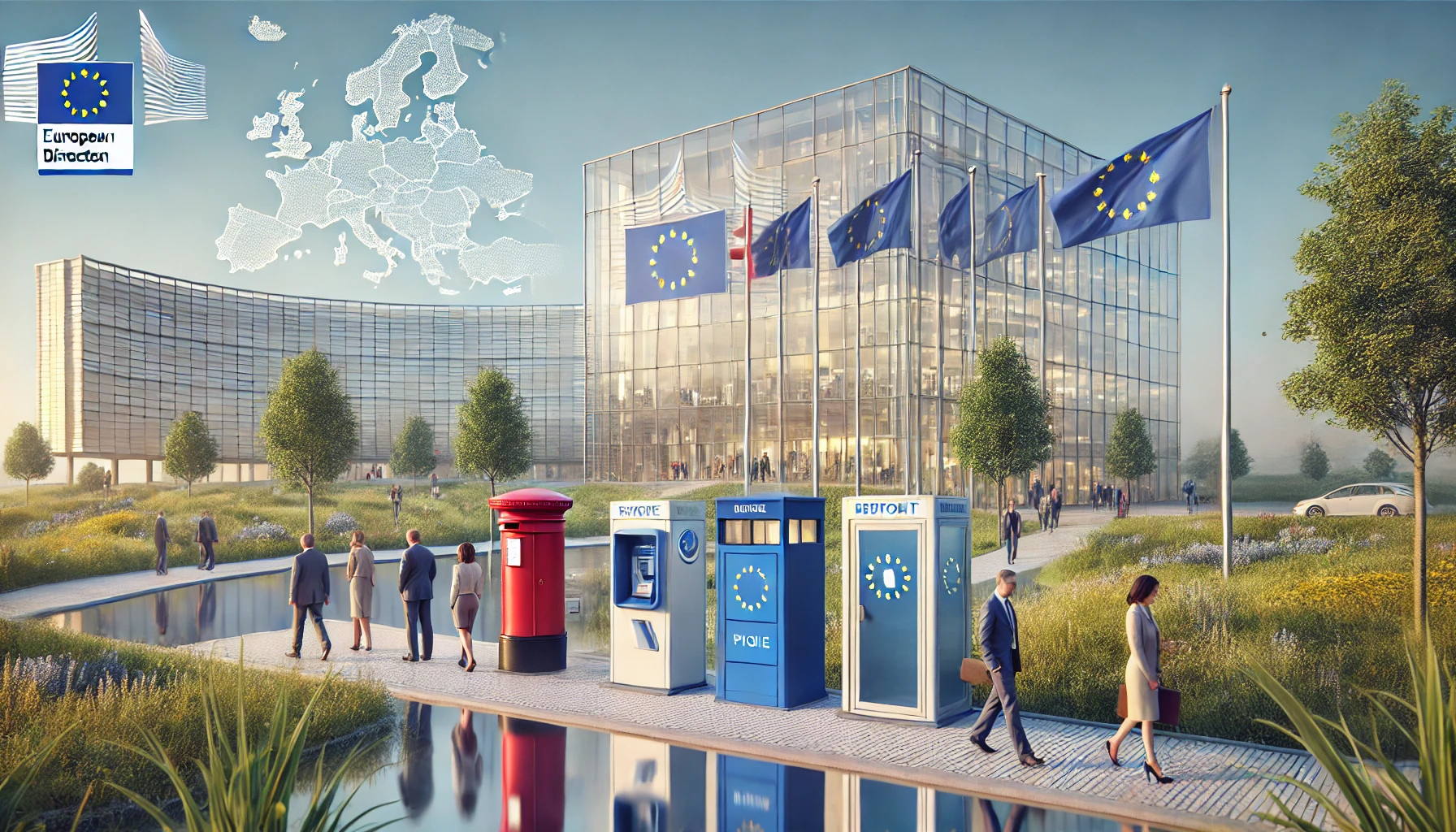The EU Whistleblower Directive is a European Union law that protects organisations from wrongdoing in various areas like public health and environmental protection. Organisations must ensure that individuals can report without fear of retaliation, providing confidential reporting channels, and safeguards their rights. The directive aims to boost transparency and accountability in the EU. The process of implementation of the directive into national law is still ongoing.
Who is concerned and what are the obligations?
All legal entities of private sector of 50+ employees or with annual sales turnover +10 million euros, public institutions, local authorities of 10,000+ inhabitants are concerned by the directive, . They will have to provide internal reporting channels and procedure accessible to stakeholders (employees, former employee, shareholder, supplier, customer, etc) .
The channel can be post-box, phone line, hotline. They must be designed, established and operated in a secure manner. It must ensures that the identity of the reporting person remains confidential
The organisations will have to follow up the report, investigate and document the actions in a pre-define timeline: 7 days for acknowledgement of the report, from 30 to 90 days (depending of the country for the investigations).
What could be reported?
The scope of the EU Whistleblower Directive is quite extensive. It cover a wide range of areas and entities within the European Union. Reports will concern breaches of EU law. This includes violation in various domains such as public health, consumer protection, environmental protection, public procurement, financial services, money laundering, product safety, acts of corruption, harassment and more. The directive is initially designed to address issues that have a cross-border or EU-wide impact but doesn’t restrict it to that. The confidentiality channels themselves present the advantages of promoting transparency, facilitate internal mediation. Hence, we suggest they would also be use as tool to promote dialogue within the organisations leading to a better stakeholder satisfaction.
When is it becoming enforced?
The law is already enforced in all the EU countries since early 2024. Lack of communication on the topic had resulting on numerous organisations ignoring they have to comply with it.
Is there any penalties ?
In France: In the event of non-compliance, the law provides for criminal penalties ranging from one year of imprisonment and a €15,000 fine to two years of imprisonment and a €30,000 fine. In general, if an offense is committed in any field, the non-compliance of the company will be an aggravating circumstance.
In substance
The EU Whistleblower Directive’s emphasis on confidential and anonymous reporting channels is a transformative shift in the fight against corruption and wrongdoing. It offers both whistleblowers and organizations a unique opportunity to redefine their roles in the pursuit of a more transparent and accountable Europe. This directive is not just a law; it is a call to action, a chance for organizations to embrace integrity and foster a brighter, more ethical future for all.
Online confidential reporting channel such as Raise your concerns are efficient tools to comply to the new law and take the opportunities this system offers.
